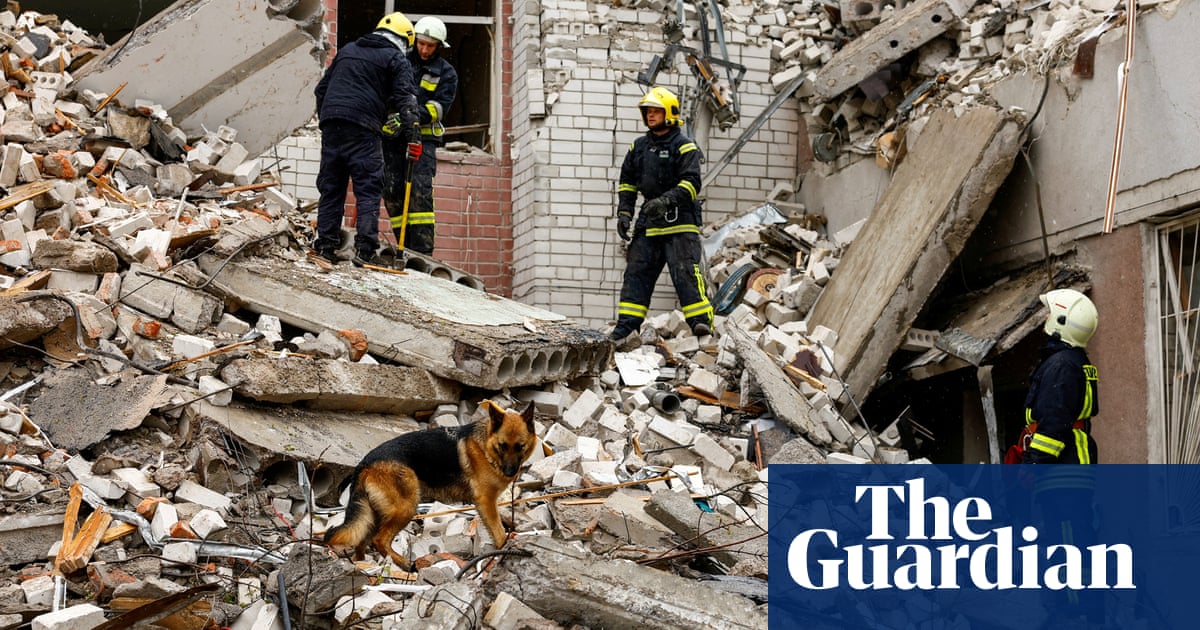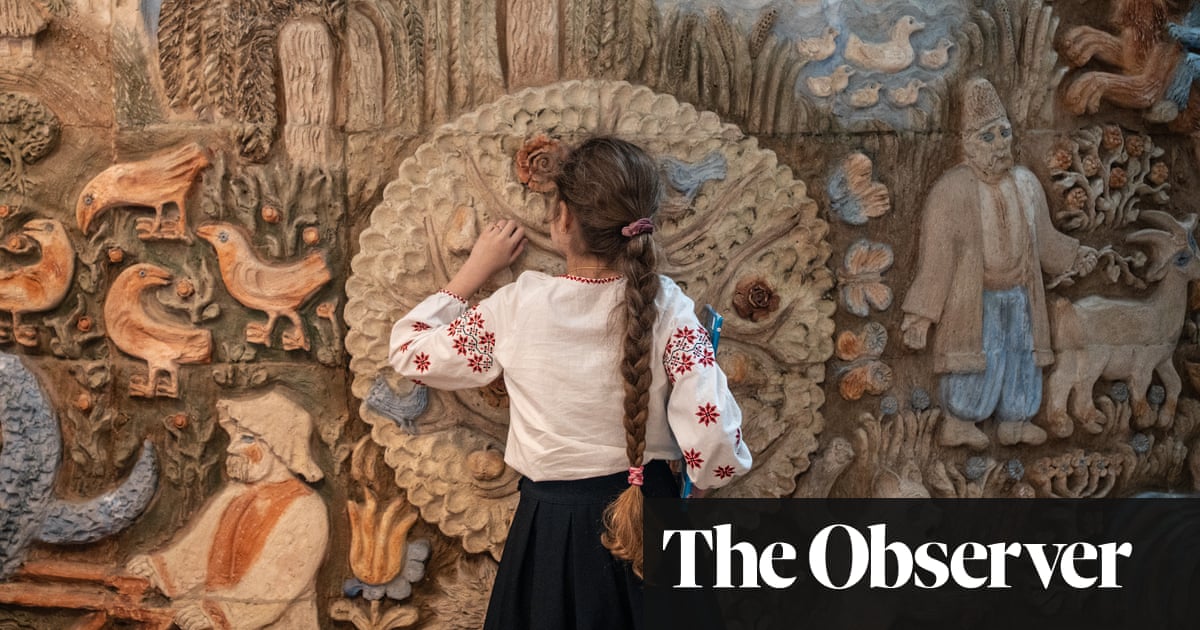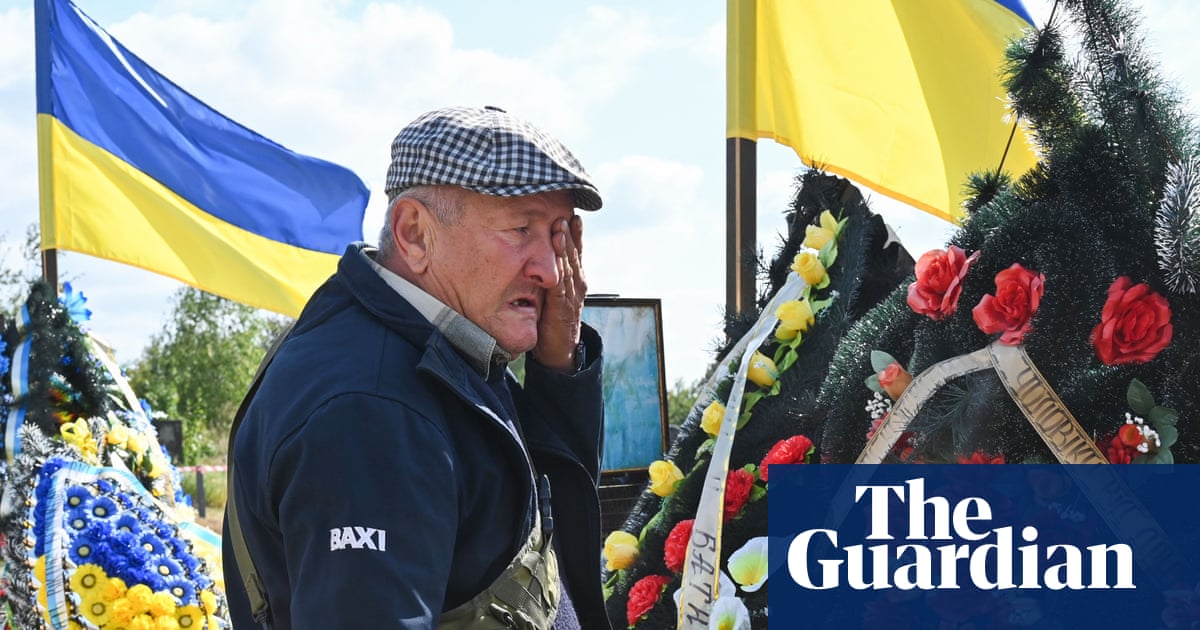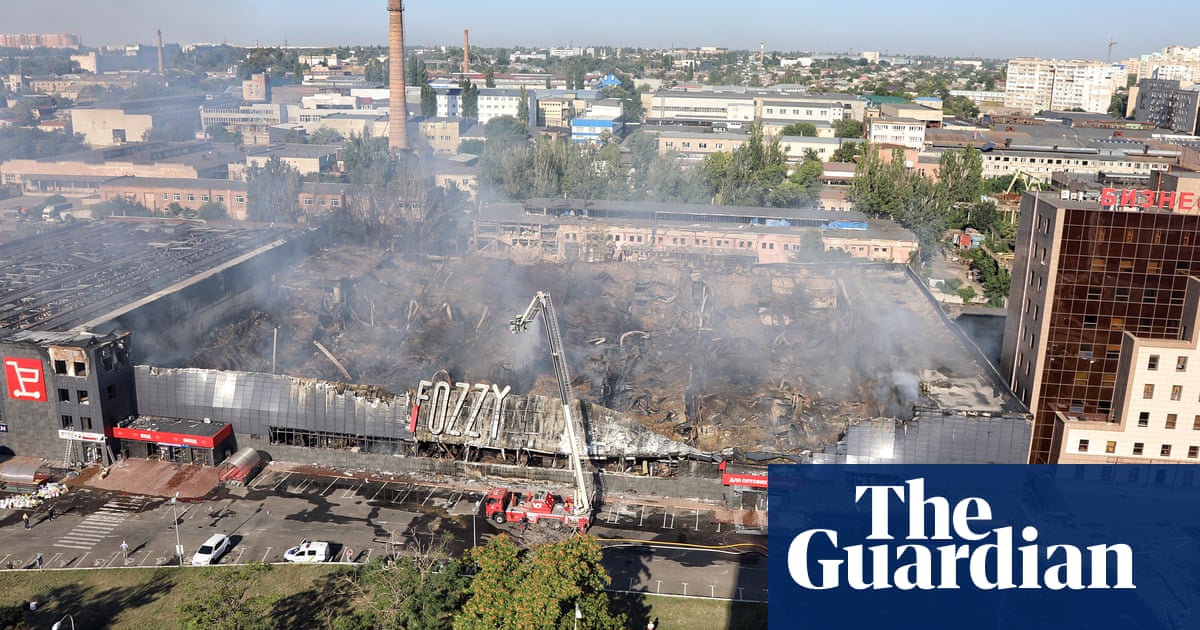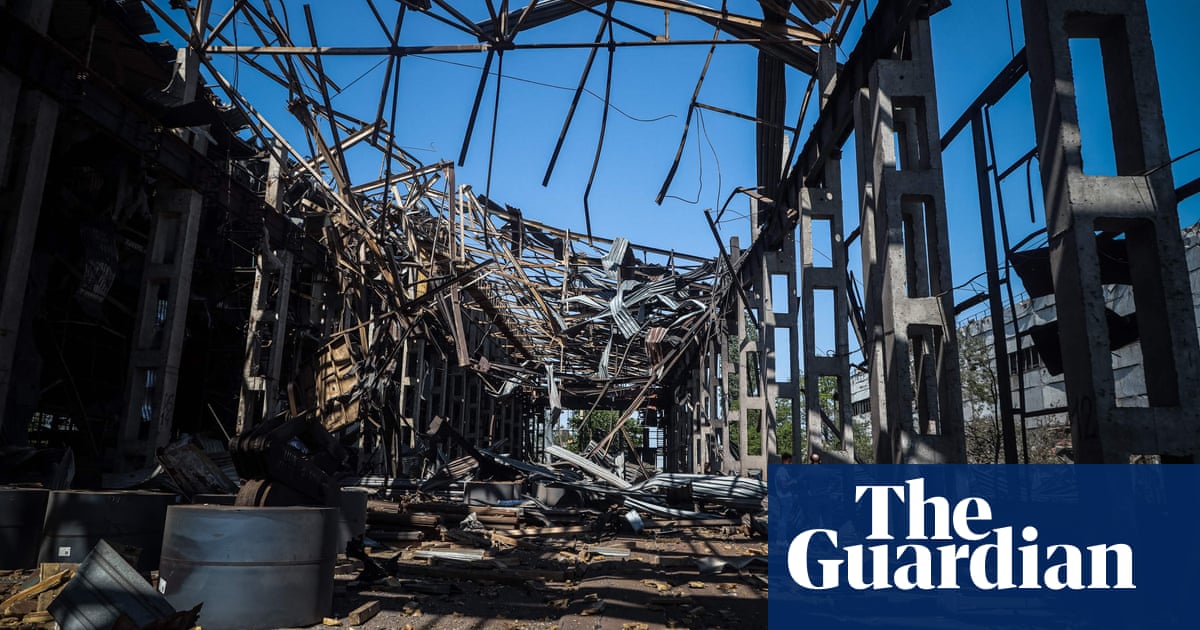
With Russian forces pushing deep into Ukraine, bombarding Kharkiv, Kyiv and other cities, and an unprecedented wave of western sanctions pushing the rouble down to an all-time low, it is hard for any of us to tear our eyes away from the news. But the currents of history that led up to this crisis are deep and complex, and understood in profoundly different ways in Moscow and Kyiv.
The Gates of Europe: A History of Ukraine by Serhii Plokhy is a great place to start reading up on the background to the crisis. It tells the story of this large but less well-known country without the Moscow-centric bias that many of us Russian speakers have long struggled to free ourselves of. It is learned and considered, but lightly written and leavened by anecdotes.
If you want to understand how Putin’s claims to be denazifying Ukraine are so offensive to ordinary Ukrainians, as well as his insistence that they actually want to be Russian, it’s important to read about the country’s experience in the first half of the 20th century, when Bolsheviks and Nazis alike rampaged over its flat terrain, killing millions upon millions of people. Bloodlands: Europe Between Hitler and Stalin, by Timothy Snyder, is that rare thing – a history book that makes you totally re-evaluate what you thought you knew.
The history of Russia is better known than that of Ukraine in the west, but what about that of Vladimir Putin, who has hidden many of the details of his own career? The essential book to understand the Russian president is Putin’s People: How the KGB Took Back Russia and Then Took on the West by Catherine Belton, which begins with his time in the St Petersburg administration before telling the inside tale of how he built a nuclear-armed mafia state, cowing his allies and rivals alike.
If you want to understand why Putin has long been so popular, it’s useful to know what Russia was like before he came to power, and how a small group of oligarchs came to own all the country’s most valuable resources in a period of chaos and misery. The best book on this is Sale of the Century: The Inside Story of the Second Russian Revolution by Chrystia Freeland, who worked as a journalist in Moscow and is now deputy prime minister of Canada.
A crucial weapon that Putin’s Kremlin deployed in defanging the – albeit rickety and imperfect – democracy that grew up in Russia in the 1990s was his control of the press. No one has written about this better than Kyiv-born Peter Pomerantsev in Nothing Is True and Everything Is Possible, a hilarious but terrifying account of his own career in the Russian media. Joshua Yaffa did a fantastic job of exploring how ordinary people navigated the system Putin built in Between Two Fires: Truth, Ambition and Compromise in Putin’s Russia.
But the west is very much not guiltless in supporting the corrupt systems that have bedevilled both Russia and Ukraine (anger at which drove Kyiv’s 2014 revolution). To understand how kleptocracy is enabled out of western capitals, and, above all, out of London, read Kleptopia by Tom Burgis. The oligarchs from both sides employ western lawyers, accountants and wealth managers to hide the money they stole, then spend it on property, luxury goods, fine art and more.
All of these books will help you understand where this crisis came from, but none of them will quite conjure up the profound shock that Ukrainians and Russians alike feel at the outbreak of war between their nations. There are many monuments to their shared culture, but my favourite is my collection of Nikolai Gogol’s short stories. Raised in Ukraine, discovered in Russia, adored in both, Gogol conjures up the absurdity of life under autocracy better than anyone.
It is hard to spend time in Kyiv without falling in love with it. The location of the city, on a hill above the Dnieper, is extraordinary. And its residents, with their deep-rooted and apparently unconscious bilingualism, and their absurd sense of humour, have a unique culture all of their own. Only Kyiv would overthrow a kleptocrat, then put his vulgar swag on display in the art museum as immersive conceptual art. I don’t know of any book that perfectly captures the wonder of the Ukrainian capital, but Andrey Kurkov’s Death and the Penguin, a gloriously odd novel about a penguin employed to go to mafia funerals, first introduced me to it, and for that I adore it.




